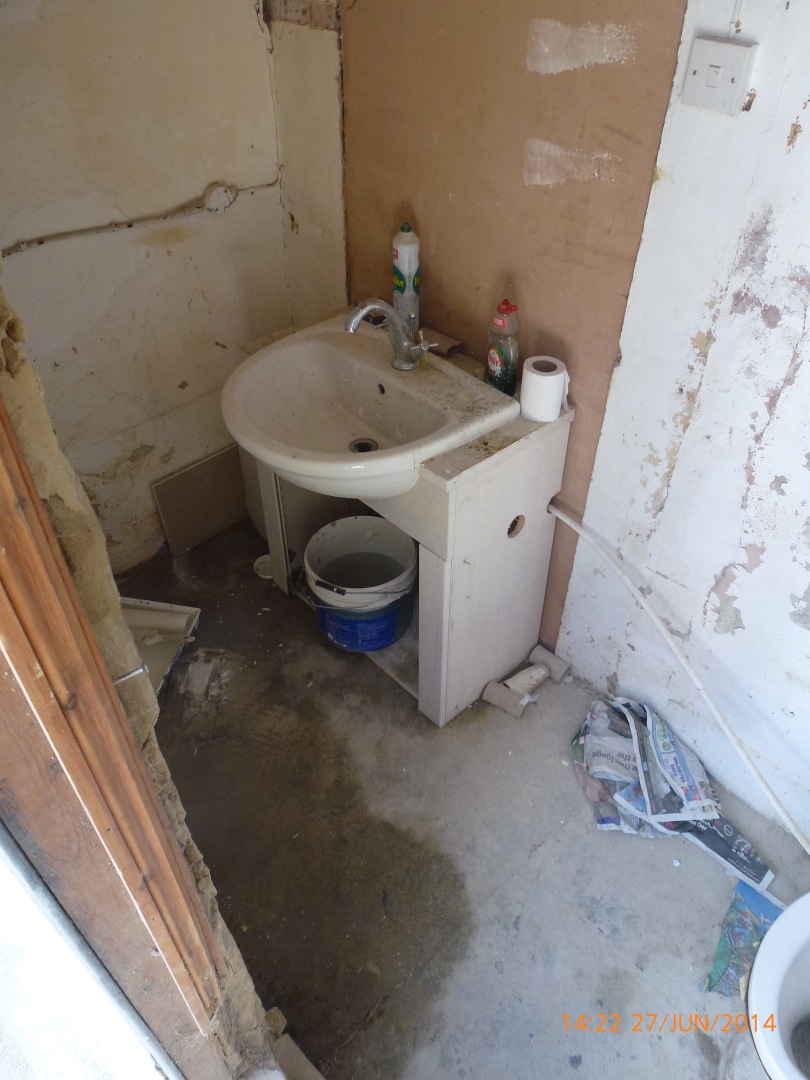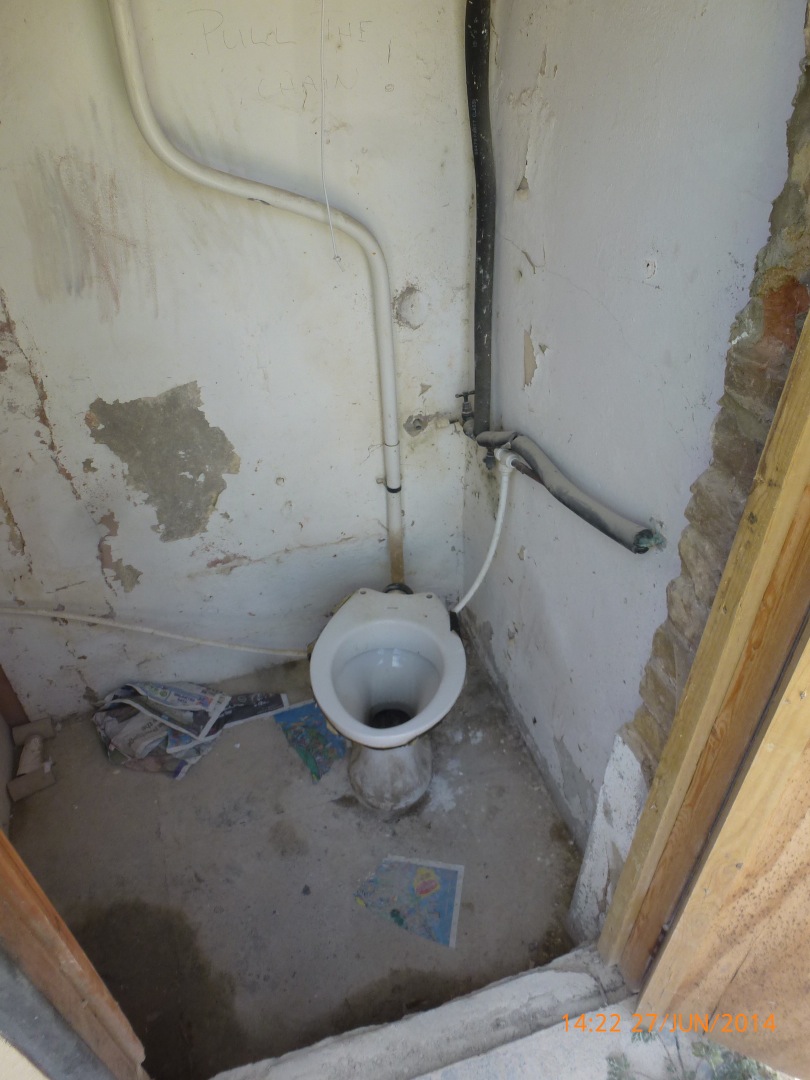Workers carrying out extensive boiler renovations on houses in Ilfracombe were exposed to potentially-deadly asbestos because of failures by a two local companies.
Two employees of Pilkington Plumbing and Heating Ltd were allowed to carry out removal of a back boiler and to drill a wall panel at a house in Jubilee Close, Ilfracombe, after the company started work despite not receiving an asbestos survey from North Devon Homes.
The incident, on 27 September 2012, was investigated by the Health and Safety Executive (HSE), which prosecuted North Devon Homes for safety failings at Barnstaple Magistrates Court today.
The court heard that Pilkington had requested asbestos survey information on the properties but decided to go ahead without having carried out a sufficient assessment of work liable to disturb asbestos.
Instead, the contractors relied on information about asbestos on North Devon Homes’ website for contractors, but this was not specific to each property being worked on and was incomplete or misleading.
As a result, asbestos insulation board (AIB) was disturbed and the workers exposed when fillets of a fire surround were moved, an AIB panel above a door was drilled and another AIB panel moved.
Residents in the affected properties, which were all being refurbished, had been vacated during remedial works to remove asbestos containing materials.
North Devon Homes Ltd, of Westacott Road, Barnstaple, pleaded guilty to a breach of Construction (Design Management) Regulations and was fined £1,000 and ordered to pay costs of £650.
Pilkington Plumbing and Heating Ltd, of Pilton Street, Pilton, Barnstaple pleaded guilty to two breaches of Control of Asbestos Regulations at an earlier hearing before the same court (on 8 October) and was fined £1,500 with £642 costs.
HSE Inspector Barry Trudgian, speaking after the hearing, said:
“As a result of North Devon Homes’ failure to provide the required information and Pilkington not waiting for the asbestos details before starting work, two workers have been needlessly exposed to asbestos.
“The risks associated with asbestos in housing stock are well-known and the regulations governing its removal are long-standing. This incident could have been avoided if Pilkington had carried out a suitable and sufficient assessment of the work liable to disturb asbestos.”


